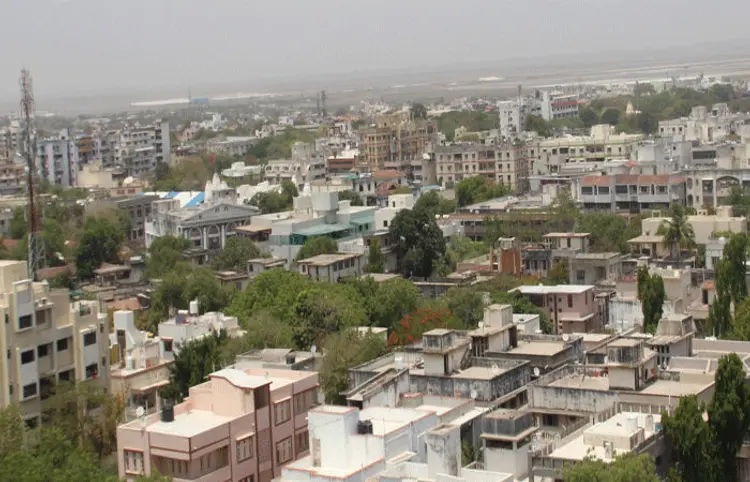How the Disturbed Areas Act in Ahmedabad is hurting commoners

The Disturbed Areas Act (Ashant Dhara) of Gujarat under Bombay Land Revenue Code, 1879 was introduced to prevent illegal or disputed property transfers that might lead to public unrest or disturb peace and order. Today, the same act has turned out to be a headache for the people of Ahmedabad.
The act is currently imposed not only in the walled city but also in surrounding areas like Maninagar, Paldi, Bapunagar and so on.
With changing times and equations, however, the rules are still in place. Even for the transfer of hereditary properties and for intra-religion transfers, people in these localities are required to acquire permits and go through the legal hassle.
According to the current law, even if someone wants to transfer property in the name of his son, daughter, wife, or any family member, they need permission from the police and the collector. The same is the case with property transfers taking place between parties of the same religion.
There are also localities where a large number of residents are of the same religion, and many believe the Disturbed Areas Act should not be implemented. There have been complaints that the unnecessary red-taping has translated into complicated processes that take months for transfer.
The additional documentation process and fees attached to these processes not only impose a burden on commoners but have also allegedly given rise to corrupt elements inside the system who charge ‘under the table’ to clear the approvals.
The hurdles, however, are only for commoners, as it is believed to be a general practice for people with influential connections to get the job done through loopholes.
The law put in place for peace and order has now become a medium of corruption, demanding an overhaul with changing times, which can help the people of the city with reduced legal hassles while selling/transferring their properties.

